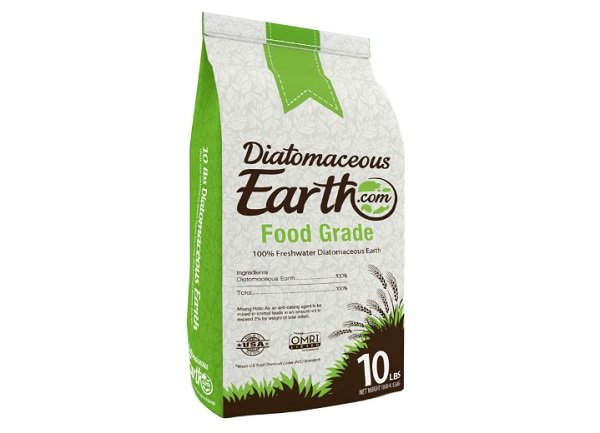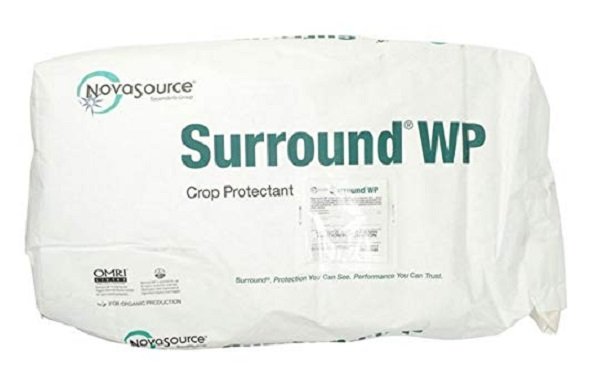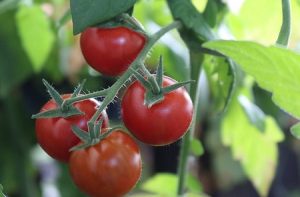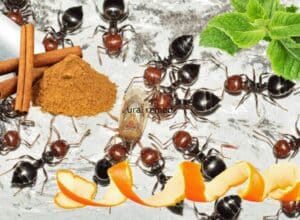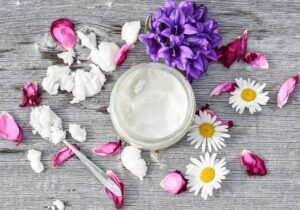Last Updated on December 20, 2023
Let’s learn about the safest commercial organic pesticides for your garden.
I previously wrote about organic ways to keep bugs from eating your plants – DIY style. 🙂
But, if crushing eggshells or making toilet paper tube collars for your plants doesn’t sound like fun to you – the other option to protect your garden from the majority of insects pests is to buy commercial organic pesticides, and, by golly, 🤠 there are plenty to choose from!
So, should you just hurry up and get often recommended Neem Oil or Bonide Pyrethrin Garden Insect Spray?
Not so fast, my friend…
A majority of people assume that if a pesticide is labeled organic or natural it automatically means harmless. But is it true?
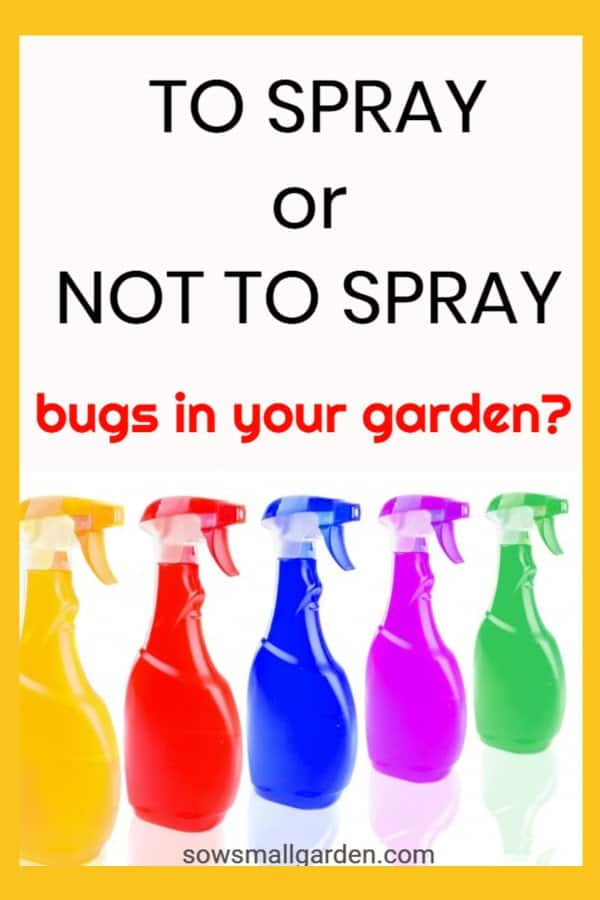
This post contains affiliate links. If you choose to purchase any of the products I have recommended, I may receive a commission at no cost to you.
In case you are short on time or curious:
✅ This is the safest and best pesticide for your vegetable garden
✅This is the best and safest insecticide for your fruit trees
Are organic pesticides safe?
Just because a pesticide is labeled “organic” doesn’t mean it’s safe.
Pesticides that are derived from plants (like pyrethrins, rotenone, ryania, sabadilla) or mineral fungicides (like sulfur, lime-sulfur, or copper) are still poisons. They are harmful for insects as well as for people. So, do not take them lightly.
Each time your use the pesticides mentioned above, you expose yourself to toxins.
Applying an organic pesticide can have unwelcome “side effects” on your garden too: it can damage your plants, it can kill beneficial insects, it can harm beneficial organisms in your garden soil.
So, if you choose to use organically acceptable pesticides, please, remember about safety precautions:
- apply according to label instructions,
- wear respirator and protective clothing while mixing, applying, and cleaning after insecticide application,
- carefully read the label about the amount of time that needs to pass after spraying before you can consume sprayed product,
- spray only pest infected plants.
- do not spray sulfur and copper during hot weather, because it can damage your plants
Do you know?
USDA Organic label does not mean that food was grown without organic and synthetic pesticides.
Some synthetic substances are allowed in organic farming. And some organic pesticides are not allowed in organic crop production, because of their toxicity (for example, arsenic, rotenone, tobacco dust). See The National List of Allowed and Prohibited Substances in organic farming here.
The good news is that some organic pesticides are safer than others.
I am a very cautious person about what I apply to fruit and vegetables in my garden, so I am not using such organic pesticides as sulfur, copper, sulfur lime, or pyrethrin. I am avoiding even neem oil, after learning that azadirachtin (a component of neem oil that repels insects), “can be very irritating to the skin and stomach” according to the National Pesticide Information Center.
There are two exceptions on my list, though.
The safest and best organic pesticides
When bugs are out of control the only commercial organic pesticides I am willing to use are diatomaceous earth and Surround (made of kaolin clay).
1) Best insecticide for vegetable garden – diatomaceous earth
Diatomaceous earth (DE) is the safest and the best insect killer for vegetable gardens, in my opinion.
DE is organic insecticide made of silica based shells of microscopic algae called diatoms that have microscopically sharp points.
Diatomaceous earth kills slugs, beetles, cockroaches, fleas, ticks, bed bugs, pill bugs, earwig, silverfish, cricket, millipede and centipede within 48 hours from the time of contact.
Impressive, isn’t it?
It will also destroy aphids, cutworms, cucumber beetles, mites, maggots, grubs, larvae, leafhoppers, squash bugs – anything that crawls over it.
Because DE is essentially a silica, it is non-toxic to ingest.
But because diatomaceous earth is a fine dust – it is hazardous to inhale.
You do not want diatomaceous earth to get into your respiratory system, so take necessary precautions during application. A dust mask or respirator is a good idea when working with DE.
How to apply diatomaceous earth?
In my opinion, the best way to apply diatomaceous earth is by mixing one cup of DE with a gallon of water in a sprayer and spray the whole plant with it (including under leaves) along with the soil around the plants. After an hour or so the water will evaporate, leaving white diatomaceous earth residue behind.
Alternatively, you can use a fine mesh strainer and lightly tap on the side of it to apply DE over the plant. Please, wear your respirator while doing it.
You should reapply diatomaceous earth every 1-2 weeks or after heavy rainfall.
Keep in mind also that DE is a non-selective agent, and will harm not only pests, but beneficial insects too. Try to avoid the blossoms as much as possible while applying diatomaceous earth, so the pollinators are not affected.
Diatomaceous earth will destroy the majority of house and garden pests within 48 hours from the time of contact.
2) Best organic pesticide for fruit trees – Surround
The other organic product that I have used for years with great success in my garden is Surround made by Nova Source.
Surrond is an insect suppressor and crop protector made of naturally occurring mineral–calcined kaolin (clay). This product is registered as an insecticide by EPA.
Surround is especially effective for protecting fruit trees (like apples, peaches, plums, cherries), citrus trees, nut trees and grapes from insects, though it works well in vegetable gardens too.
According to the manufacturer, Surround controls such pests as: pear psylla, cutworms, pear midge, pear slug, apple sucker, climbing cutworm, eastern tent caterpillar, gypsy moth, japanese beetle, june beetle, grasshoppers, green fruit worm, leafrollers, lygus bug, mormon cricket, cicada, stink bug, tarnished plant bug, thrips, apple maggot, codling moth, plum curculio, rose chafer, aphids, navel orange worm, husk fly, blueberry maggot, blackberry psyllid, flea beetles, orchards, grape leaf skeletonizer, bean leaf beetle, mexican bean beetle, powdery mildew, cucumber beetle, boll weevil, armyworm, black vine weevil, and fruit flies.
Read manufacturer information about Surround here.
The advantages of Surround insecticide
- it suppresses a variety of insects
- it is the best insect repellent for fruit trees according to my experience
- it is extremely safe for plants and humans,
- it will not harm bees
- it protects plants from sunburn and heat stress
- it lowers canopy temperature which increase photosynthesis during summer heat.
The disadvantages of Surround pesticide
- it is quite expensive
- it comes in large bags only, which makes shipping very expensive too
- white heavy film after spraying on fruits and vegetables does not look attractive in your garden
- you will need to reapply Surround after heavy rain, and at least once every 2 weeks with no rain
- it doesn’t repel Japanese beetles very well.
How to use Surround insecticide?
To use Surround to protect your fruits and vegetables from insects and sun – you will need to mix 1 1/2 cup of powder with 1 gallon of water in the sprayer that has agitator and anti-clog filter, and apply liberally over plants and trees.
Surround WP – insect repellent and crop protector made of kaolin clay.
Related reading:
Learn more about the best gardening tools and products
Check out 15 simple and natural DIY insect pest control ideas
10 common garden pests: how to identify and control them
Discover more tips on Pest Control
Final thoughts on the safest organic pesticides
It takes only two commercial organic insecticide products to keep bugs away from your plants. Diatomaceous earth can be used to protect your vegetable and flower garden, as well as your home, from insect pests. The surround will keep away bad bugs from damaging your fruits.
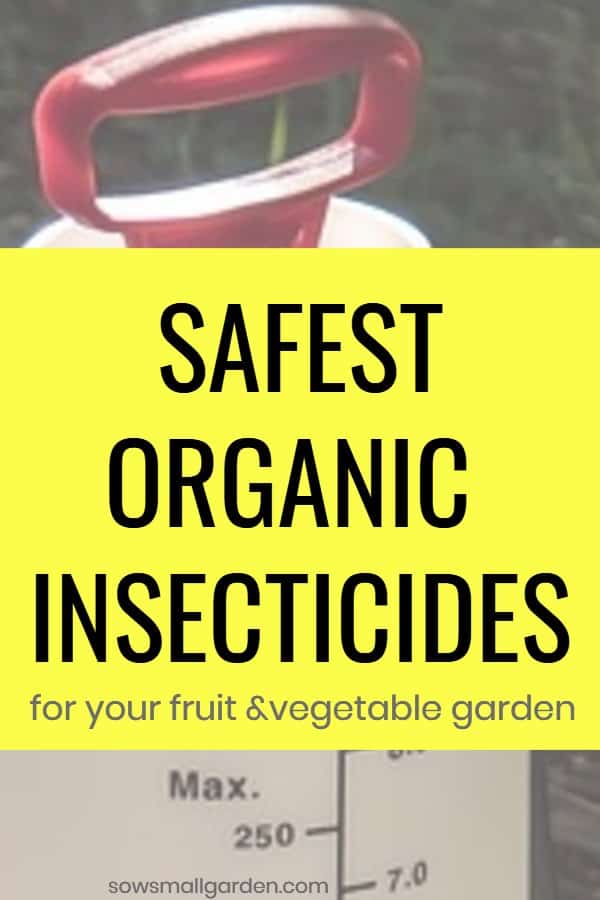
Pin for later reference!
You have read:


